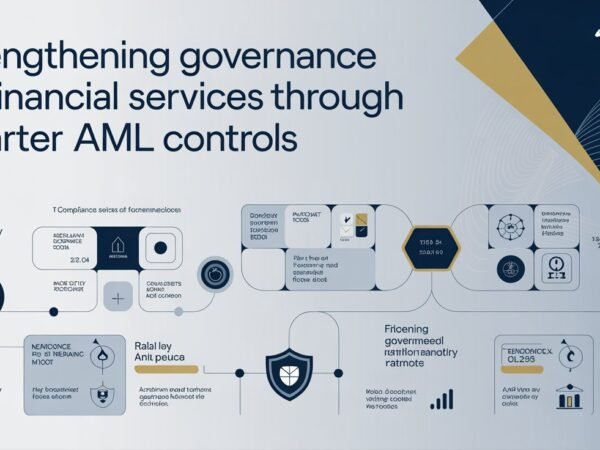Creating strong relationships with coworkers can significantly enhance your work experience and the workplace environment. While it is often seen as essential to maintain professionalism, fostering friendships at work offers numerous benefits that can improve productivity, job satisfaction, and career growth. These relationships can help break down barriers, build trust, and create a more collaborative, positive atmosphere. Establishing genuine connections with colleagues not only makes work more enjoyable—it can also help create a stronger, more cohesive team.
The Power of Social Connection at Work
Building friendships with your coworkers provides an emotional support system that can significantly improve your overall work experience. Having friends at work creates a sense of belonging and security, which can be particularly beneficial in high-stress environments. Knowing you can turn to colleagues for advice or a quick chat helps combat feelings of isolation and anxiety, often leading to improved mental well-being. The friendships you form can also foster a sense of camaraderie, which increases motivation and helps individuals feel more connected to their job and the broader company mission.
In addition to providing emotional support, social connections at work can be a powerful motivator. Employees who form meaningful relationships with coworkers are often more engaged and driven, increasing productivity. When people enjoy their work environment and positively interact with their team, they are more likely to invest their time and energy into their responsibilities, benefiting individual and organizational performance.
The Role of Leadership in Fostering Friendships
A leader who fosters a supportive, inclusive work environment can be crucial in encouraging friendships among team members. Team leadership involves creating an atmosphere where employees feel valued and respected and where collaboration is encouraged. By promoting open communication and opportunities for team bonding, leaders can help build a culture that supports genuine connections among coworkers.
A leader who models positive relationships and actively engages with team members sets the tone for others to follow. When employees see that their leaders prioritize communication and connection, they are more likely to feel empowered to form friendships within the team. Additionally, team leaders who demonstrate empathy and understanding can help cultivate an environment where everyone feels comfortable being themselves, strengthening relationships and promoting a sense of community.
Friendships can also play a role in leadership development. As you form relationships with coworkers, you’ll gain a deeper understanding of the dynamics of your team, which can help you improve your leadership skills. By learning to communicate effectively, mediate conflicts, and support your colleagues, you’ll develop skills that will serve you well in leadership roles.
The Benefits of Workplace Friendships for Mental Health
Friendships at work can have a profound impact on employees’ mental health. A support system helps reduce stress, increase job satisfaction, and improve overall well-being. Employees with friends at work are likelier to report feeling engaged and happy in their roles. Conversely, employees who feel disconnected or isolated are at higher risk of burnout and dissatisfaction.
Workplace friendships help mitigate these risks by providing social support during stressful periods. A quick conversation with a colleague or catching up with a friend can help lower stress levels, refresh the mind, and increase focus. Employees who feel supported by those around them are better equipped to handle challenges and maintain a positive outlook.
Creating an Inclusive and Positive Work Environment
In addition to the personal benefits, workplace friendships create a more inclusive and positive organizational culture. When employees connect personally, it helps create a workplace that values diversity, inclusivity, and respect. These friendships build bridges across departments, roles, and backgrounds, creating a more harmonious and productive work environment.
Leaders can play a crucial role in promoting inclusivity by encouraging team bonding, celebrating milestones, and supporting a culture that embraces open communication and mutual respect. By creating opportunities for employees to connect professionally and personally, you help establish a work environment that fosters innovation, creativity, and collaboration.
Conclusion
Building friendships with coworkers is not only beneficial to the individual, but it can also positively impact the organization as a whole. These relationships create a supportive, communicative, and collaborative work environment that improves job satisfaction, teamwork, and higher productivity. In addition, forming strong bonds with colleagues can enhance career growth opportunities and help establish a positive reputation within the company. By encouraging these connections, leaders can create a workplace that thrives on mutual respect, inclusivity, and collaboration. Fostering friendships in the workplace helps build a culture where employees are more engaged, motivated, and ready to contribute to the company’s success.
Also read interesting articles at Disboard.co.uk













